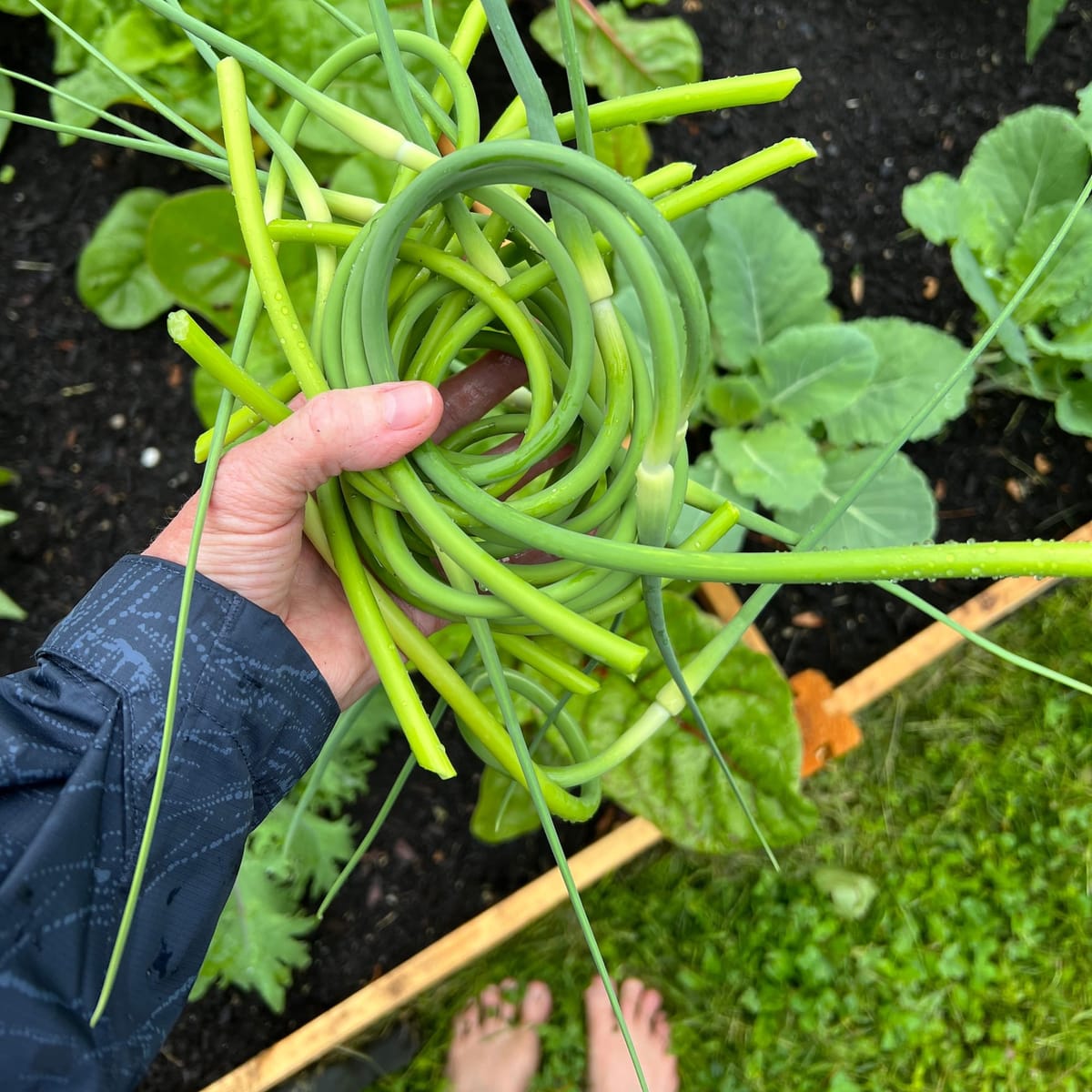Countering the Self-Doubt That Creeps In
Getting grounded to help dispel your inner critic.

This morning I got outside and into the garden extra early. I've been feeling unsettled and uncertain. I needed to get my bare feet and my fingertips into the dirt. To connect with the earth. To get grounded. The winds picked up. They swirled around and filled my lungs. The rains were beginning to come. I could smell the earthy, distinctive odor of petrichor. Everything felt good. That was where I needed to be.
"The early morning is holy." —Anne Lamott, Somehow, pages 41-42
This post is for subscribers only
Already have an account? Sign in.